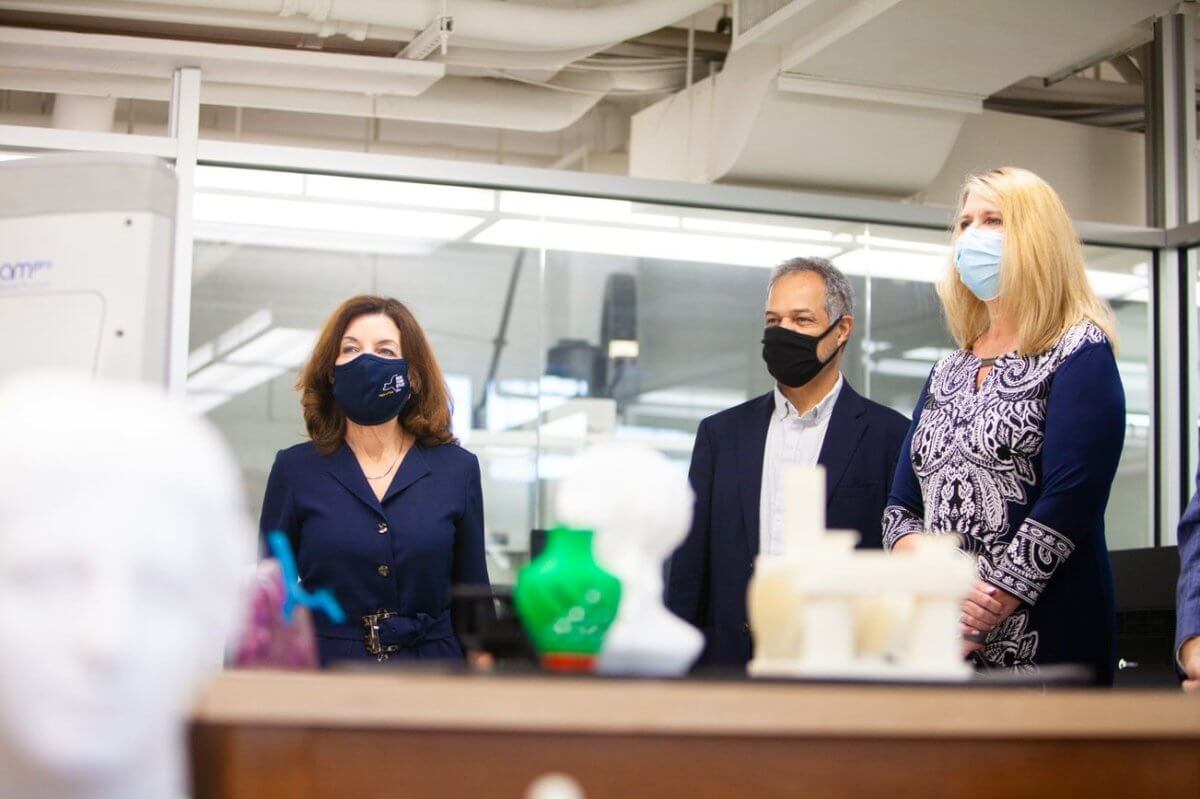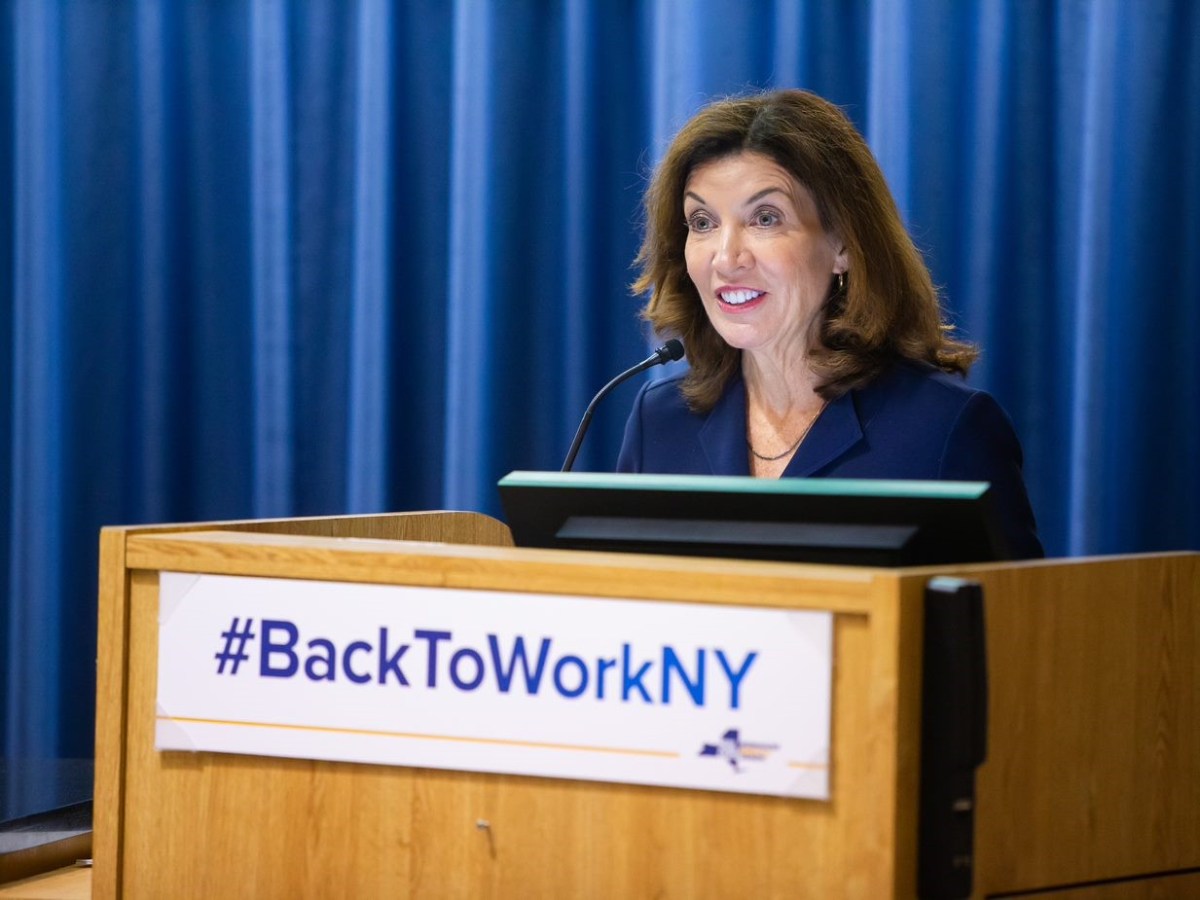Lieutenant Governor Kathy Hochul announced that Queensborough Community College received $430,000 from the New York State’s Workforce Development Initiative Fund for the Queensborough’s Certified Recovery Peer Advocate (CRPA) program on Wednesday, July 28.
The program, established in 2016 and replicated by several CUNY colleges, provides people who are seeking or sustaining recovery from substance addiction with the support they need to regain their health and tools to enter New York’s workforce.
Under the new funding, up to 50 percent of adult learners from culturally diverse and economically disadvantaged communities will be trained to enter CRPA careers in NYC healthcare institutions.
The advocates, who have lived experiences with a substance use diagnosis and are actively in recovery, will benefit from intensive career readiness education, internships and counseling.
“Healing and care professionals such as these advocates save lives. The work they do is quite profound. And there is an extreme shortage of professionals in this area,” said Hochul, who toured Queensborough’s facilities and met with college faculty and administrators. “I cannot think of more sensitive individuals who will be able to help those who still need guidance to get out of the darkness.”

The success of Queensborough’s CRPA program is dependent upon the strong partnerships the college has with healthcare industry partners.
They include the New York State Office of Addiction Services; NYC Health + Hospitals; Emblem Health; Northwell; the NYC Peer and CHW Workforce Consortium; New York City Department of Health and Mental Hygiene; NYC Department of Small Business Service; Mount Sinai Health System; Howie the Harp Advocacy Center, a nationally recognized leader in peer training; and community-based organizations such as Anchor House, Samaritan Village and Odyssey House.
Queensborough President Dr. Christine Mangino said that without their partners, the college would not be able to provide access to life-changing education and lift low-income students into the middle class and beyond.
“Lieutenant Governor Hochul recognizes that the state’s road to recovery [from COVID] runs through the City University of New York and Queensborough Community College,” Mangino said. “Our courses, programs, services and workplace-based applied learning opportunities continue to strengthen the communities we live in and serve.”
Queensborough, one of the most diverse colleges in the country, serves the needs of 13,000 students in degree programs. The college also provides access and opportunity to an additional 10,000 New Yorkers through its Continuing Education and Workforce Development (CEWD) programs.
Those programs include credentials in cloud computing in association with Amazon web services and a software engineering qualification through CUNY’s partnership with the New York City Jobs CEO Council.
“These programs and partnerships bring businesses, educators and the community together to create meaningful, local economic opportunities. We prepare people to think critically, take ownership of their learning, plan for their careers and give back to our community,” Mangino said.
Hochul also announced that an additional round of statewide Workforce Development Initiative Funding worth $48 million will be released on Monday, Aug. 2.
“We are increasing workforce development across the state [by doing] everything we can to support programs like these in community colleges,” Hochul said. “We want more people to be able to find quality well-paid jobs and help employees with their long-term and short-term workforce needs.”


































